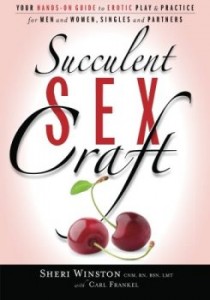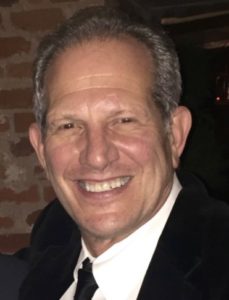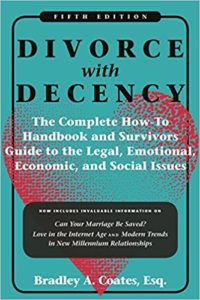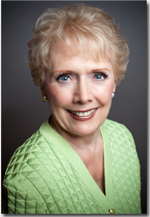Brad Coates (www.CoatesandFrey.com) and Dr. Diana enjoyed a conversation about America’s growing gender gap between men and women. His book, Divorce with Decency (Fifth Edition), is a comprehensive treatment of the legal, emotional, economic, psychological, and social aspects of marital relationships. We looked at women’s increasing educational, economic, and political power. Porn is part of the erotic erosion between men and women; in fact, it may be a scapegoat for all the conversations men and women are not having. Couples almost never discuss their sexual desires and fantasies. Man are more likely to soothe themselves by turning to solitary pleasures and paid ones – less emotionally complicated forms of sex. The #MeToo movement has led to further divisiveness with an expanded awareness of the prevalence of abuse/assault. Of course, not all guys are bad dudes! But some women are feeling safer with other women. There’s more…please tune in!
Click below to listen to the interview (approx. one hour):













